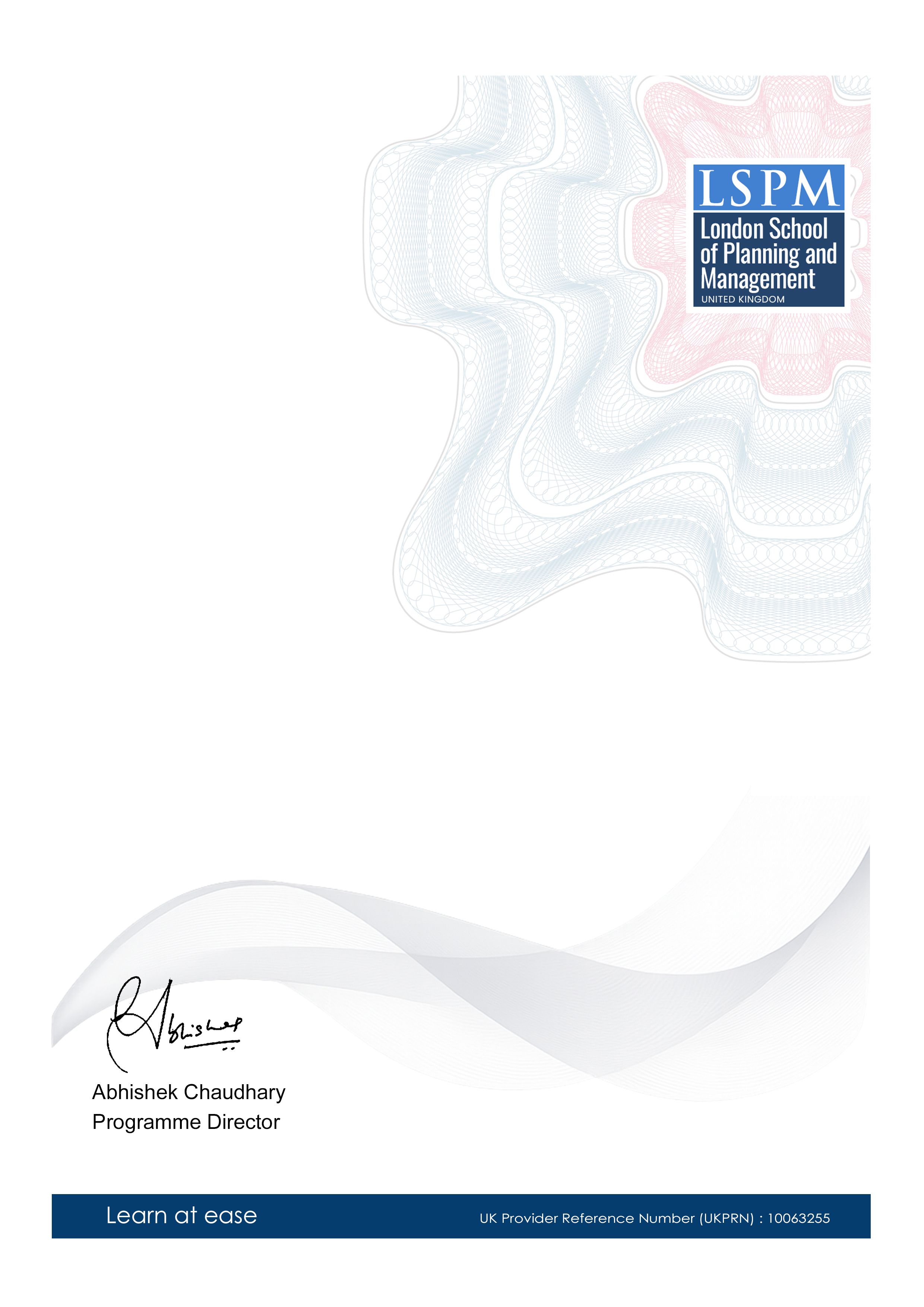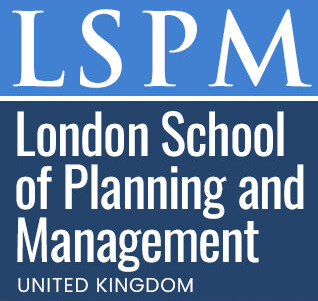Postgraduate Certificate in AI for Public Archives
-- viewing nowArtificial Intelligence in Public Archives: Unlocking the Future of Preservation and Access This Postgraduate Certificate in Artificial Intelligence for Public Archives is designed for professionals working in archives, libraries, and museums who want to harness the power of Artificial Intelligence to preserve and provide access to cultural heritage. Through this program, you'll gain the skills and knowledge to apply Artificial Intelligence and machine learning techniques to digitize and describe collections, improve metadata management, and enhance user experience.
5,977+
Students enrolled
GBP £ 149
GBP £ 215
Save 44% with our special offer
About this course
100% online
Learn from anywhere
Shareable certificate
Add to your LinkedIn profile
2 months to complete
at 2-3 hours a week
Start anytime
No waiting period
Course details
• Artificial Intelligence (AI) Fundamentals
• Public Archives and Data Management
• AI Applications in Archives
• Machine Learning (ML) for Archives
• Natural Language Processing (NLP) in Public Archives
• AI Ethics and Bias in Public Archives
• Privacy and Security in AI-Powered Archives
• AI Tools and Technologies for Archival Automation
• AI-Driven Archival Metadata Generation
• Evaluation and Assessment of AI Systems in Public Archives
Career path
AI Engineers are responsible for designing, implementing, and maintaining AI models and algorithms. They work closely with data scientists and machine learning engineers to develop custom solutions tailored to the unique needs of public archive institutions. 2. **Data Scientist (30%)**
Data Scientists play a crucial role in analyzing large datasets and extracting valuable insights. In public archives, they use advanced statistical techniques and machine learning algorithms to uncover trends, patterns, and correlations within complex data structures. 3. **Machine Learning Engineer (25%)**
Machine Learning Engineers focus on building, training, and deploying machine learning models. They are responsible for optimizing these models for scalability and performance, ensuring they can handle the massive datasets typically found in public archives. 4. **Data Analyst (10%)**
Data Analysts work closely with Data Scientists and Machine Learning Engineers to interpret the results of complex analyses. They also help communicate these findings to stakeholders, bridging the gap between technical experts and decision-makers. 5. **Business Intelligence Developer (5%)**
Business Intelligence Developers create data visualization tools and reporting systems to help public archive institutions make informed decisions. By transforming raw data into actionable insights, they empower organizations to optimize their operations and better serve their users. Overall, the demand for AI skills in the public archive sector is strong and growing. Professionals with expertise in AI, machine learning, data analysis, and business intelligence are well-positioned to capitalize on this trend, contributing to the digital transformation of these vital institutions.
Entry requirements
- Basic understanding of the subject matter
- Proficiency in English language
- Computer and internet access
- Basic computer skills
- Dedication to complete the course
No prior formal qualifications required. Course designed for accessibility.
Course status
This course provides practical knowledge and skills for professional development. It is:
- Not accredited by a recognized body
- Not regulated by an authorized institution
- Complementary to formal qualifications
You'll receive a certificate of completion upon successfully finishing the course.
Why people choose us for their career
Loading reviews...
Frequently Asked Questions
Course fee
- 3-4 hours per week
- Early certificate delivery
- Open enrollment - start anytime
- 2-3 hours per week
- Regular certificate delivery
- Open enrollment - start anytime
- Full course access
- Digital certificate
- Course materials
Get course information
Earn a career certificate

